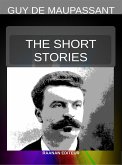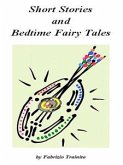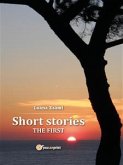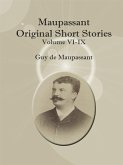Just when, where, and by whom story-telling was begun no one can say. From the first use of speech, no doubt, our ancestors have told stories of war, love, mysteries, and the miraculous performances of lower animals and inanimate objects. The ultimate source of all stories lies in a thorough democracy, unhampered by the restrictions of a higher civilization. Many tales spring from a loathsome filth that is extremely obnoxious to our present day tastes. The remarkable and gratifying truth is, however, that the short-story, beginning in the crude and brutal stages of man's development, has gradually unfolded to greater and more useful possibilities, until in our own time it is a most flexible and moral literary form.The first historical evidence in the development of the story shows no conception of a short-story other than that it is not so long as other narratives. This judgment of the short-story obtained until the beginning of the nineteenth century, when a new version of its meaning was given, and an enlarged vision of its possibilities was experienced by a number of writers almost simultaneously. In the early centuries of story-telling there was only one purpose in mind—that of narrating for the joy of the telling and hearing. The story-tellers sacrificed unity and totality of effect as well as originality for an entertaining method of reciting their incidents.
Bitte wählen Sie Ihr Anliegen aus.
Rechnungen
Retourenschein anfordern
Bestellstatus
Storno

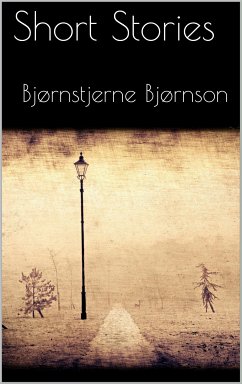


![Saki: The Complete Novels and Stories [145 novels and short stories] (eBook, ePUB) Saki: The Complete Novels and Stories [145 novels and short stories] (eBook, ePUB)](https://bilder.buecher.de/produkte/49/49947/49947072m.jpg)
